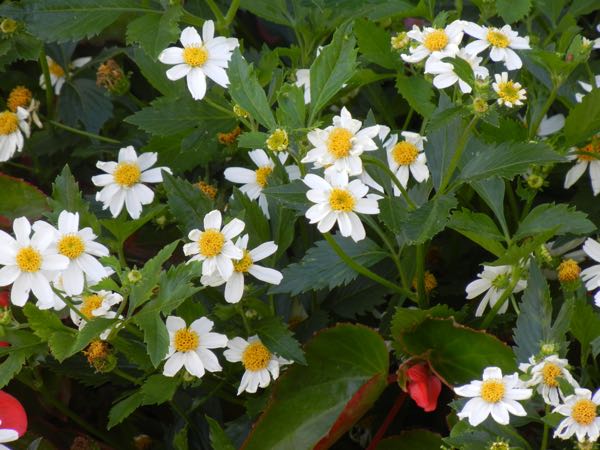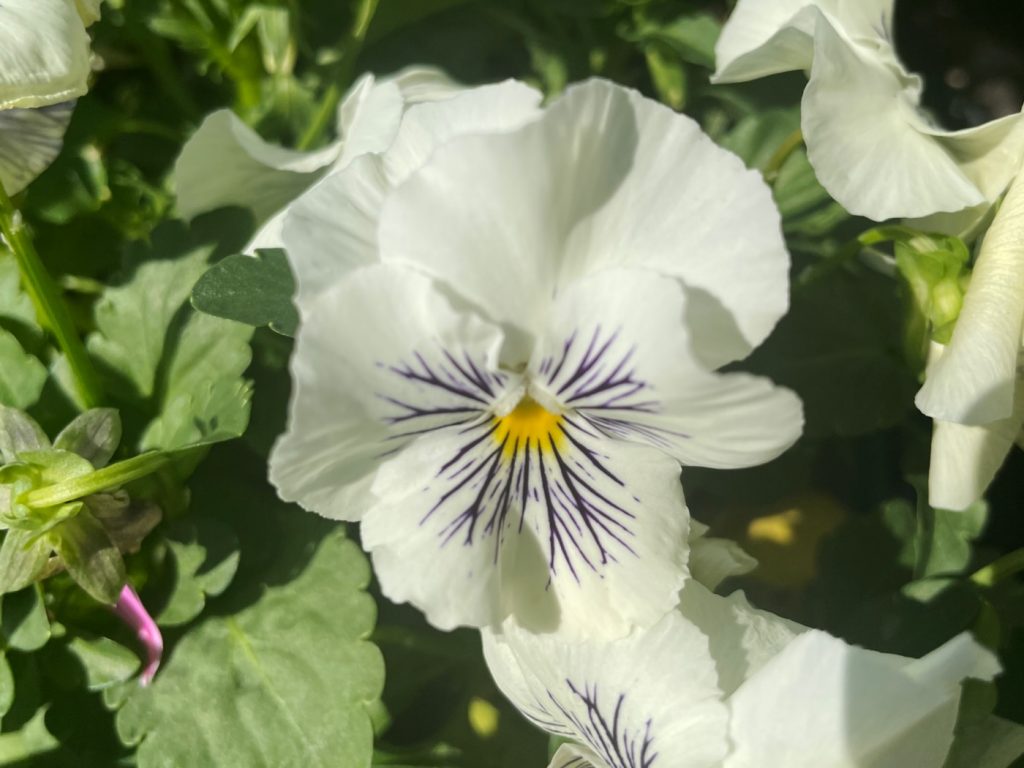Bidens pilosa: A Versatile Herbaceous Annual
Bidens pilosa, commonly known as Black-Jack, Spanish Needle, Beggarticks, Farmer’s Friend, Devil’s Needles, Broom Stick, Pitchforks, Cobbler’s Pegs, or Xian Feng Can (in Chinese), is a remarkable herbaceous annual plant. It belongs to the Asteraceae family and was initially described by Carl Linnaeus in 1753. Although native to South America, Bidens pilosa has successfully naturalized in many parts of the world, showcasing its adaptability and resilience.
Bidens pilosa is a member of the Asteraceae family, which is one of the largest plant families and encompasses a wide range of flowering plants. This family includes well-known plants such as sunflowers, daisies, and asters. The Asteraceae family is characterized by its composite flower heads, consisting of tiny individual flowers packed tightly together in a central disk surrounded by ray florets.
Bidens pilosa is a captivating plant with branched stems that can reach a height of 1.8m or 6ft. Its foliage is arranged opposite to each other, and the leaves can vary in form from simple to pinnate. The plant produces flowers throughout the year, with the peak flowering season occurring in spring and summer. The flowers are adorned with white petals surrounding a vibrant yellow center. Typically, the yellow disc florets are encircled by white florets, creating an enchanting display. As the flowers fade, they transform into unique barbed fruits, adding further interest to the plant’s appearance.
Traditional and Culinary Uses:
Bidens pilosa has a rich history of traditional medicinal uses. Various parts of the plant have been employed in the treatment of over forty different disorders, ranging from snake bites and inflammation to immunological and digestive issues. Additionally, Bidens pilosa is consumed as food in many regions around the world. In Eastern Africa, it is a popular ingredient in stews, contributing both flavor and potential health benefits. However, it is important to exercise caution, as the roots and leaves of Bidens pilosa are phototoxic, and excessive consumption of the leaves has been associated with an increased risk of cancer.
Cultivation of Bidens pilosa:
- Sunlight Requirements: Bidens pilosa thrives in full sun exposure, benefiting from at least six hours of direct sunlight per day.
- Growth Rate: This plant is renowned for its fast growth, surpassing the growth rates of many other species.
- Soil Requirements: Bidens pilosa thrives in fertile, moderately moist, and well-drained soil. While it can tolerate periods of drought, providing consistent moisture will contribute to its overall health and vigor.
- Propagation: Bidens pilosa can be easily propagated from seeds, which can be sown directly into the desired growing area.
Disease and Pest Resistance: Bidens pilosa is generally a resilient plant with few serious disease or pest issues. However, it may occasionally be susceptible to aphid infestations. Regular monitoring of the plant’s health and prompt action in case of pest presence will help maintain its vitality.
Deer and Rabbit Resistance: Bidens pilosa is not known for its high resistance to deer or rabbits. In areas with high populations of these animals, protective measures such as fencing or repellents may be necessary to prevent damage to the plant.




